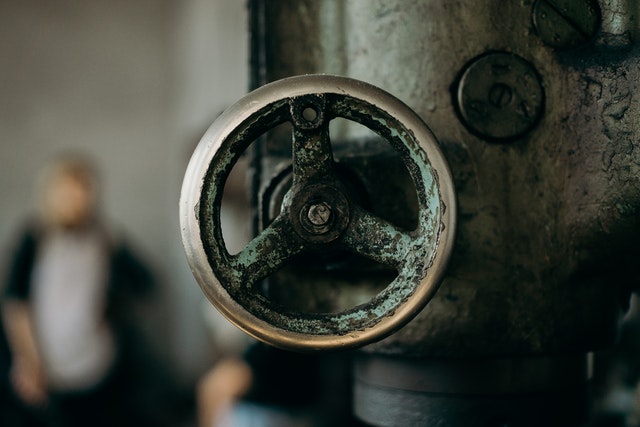Valve exercisers are devices used to maintain water system valves and hydrants. Valve exercisers work by providing a small amount of torque to a valve stem, which is enough to keep it from seizing up. A lever arm with a bearing that pushes on the valve stem is common, while other models rely on manual effort alone.
What Types of Valve Exercisers Exist?
Valve exercisers typically come in three different designs to best fit the needs of users:
- Valve Turner – Typically uses a lever arm with a bearing that pushes on the valve stem to provide light torque. Firefighters and other emergency personnel commonly use valve turners.
- Valve Exerciser – Provides small amounts of torque to the valve stem, enough to keep it from seizing up or sticking. Schools and universities typically use valve exercisers.
- Valve Rig – Often used in heavy construction, mining, or other worksites where workers need to open valves manually.
Why Are Valve Exercisers Important?
Valve exercisers operate valves, hydrants, or other essential flow control devices located on water systems. Valve exercisers are made out of steel to hold up well against the corrosion common to water systems. Ensuring reliability during emergencies is always the first priority.
Fire prevention and protection against freezing temperatures during the winter months. Valves must stay operational at all times to provide access for firefighters in case of an emergency. Valve exercisers also help ensure safe drinking water.
Who Uses Valve Exercisers?
Valve exercisers are most commonly used for water systems by large utility companies, municipalities, and businesses that use water like golf courses and parks. Use of valve exercisers for older homes or buildings is recommended due to their tendency to freeze up or grow roots in their water systems.
Valve exercisers are an essential part of any water system, whether used for residential or commercial purposes. Valve exercisers typically require little maintenance, but you should always have a spare on hand if one breaks down or becomes damaged.

